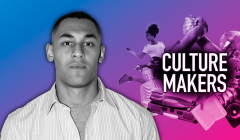
‘Subculture is the most powerful tool we have’
Louis Persent, Co-Founder and Creative Director at Weirdo on the power of embracing the niche
Long before the Cambridge Analytica scandal broke, people were starting to find the pervasiveness of personalised ads a little unsettling. The public are wary and brands need to take that on board.

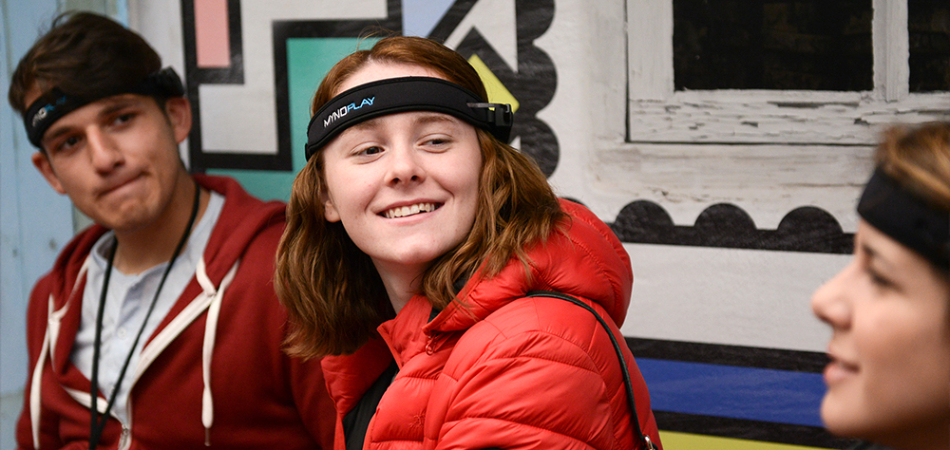
Long before the Cambridge Analytica scandal broke, people were starting to find the pervasiveness of personalised ads a little unsettling. You’d buy a new pair of Nikes and suddenly your banner ads are all trainers and sports gear. Or mention home insurance to a friend and bam, your social feeds are full of AXA ads. Orwell predicted a snooper state, but turns out it’s Google who’s watching us.
People are realising how important their personal information is to big business, and when a company like Facebook takes out newspaper ads to apologise for a data breach, it’s clear that consumer trust is at a low. The public are wary and brands need to take that on board.
But personalisation works. People like being treated as individuals. Campaigns like Share a Coke prove that even something as simple as your name on a bottle can boost sales. Amazon and Spotify curate content in a way that feels helpful rather than intrusive, and as algorythims improve we’re likely to see personalisation grow, allowing advertisers to target with more and more accuracy.
Personal data then is the new gold dust for marketers. And data from wearable tech is a potential El Dorado. Devices can record your heart rate, your breathing and your sleep patterns, monitor your facial expressions, how much you sweat and where your eyes are focusing. It doesn’t come more personal than wearable, so how can brands take advantage of all that information, without crossing the line from helpful and insightful to outright creepy?
One way is to be really upfront about what information you’re collecting and why. Data collection can be very clandestine, something that goes on in the shadows, often without permission. By bringing it out in the open, you establish trust from the start.
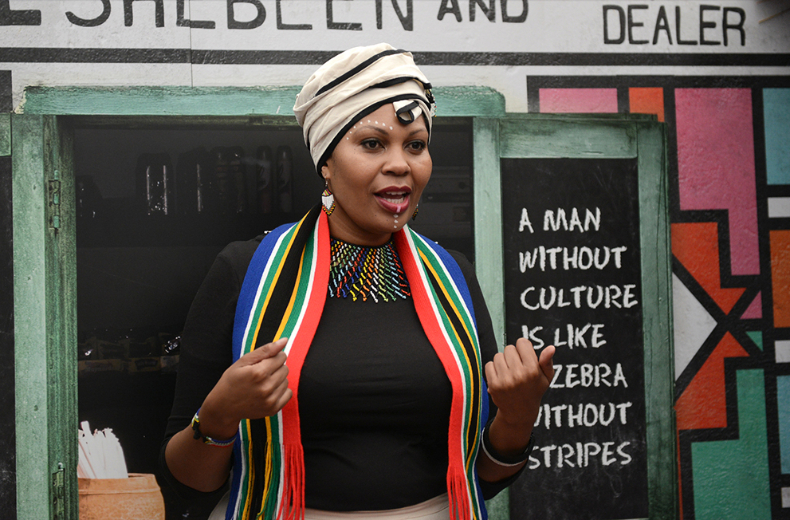
South Africa is a cultural melting pot offering stunning scenery, wildlife, nightlife, beachlife and some of the best wine country in the world. But for lots of people it remains a bucket list destination. Our campaign for South African Tourism was based on research that found that with so much to see, planning a trip becomes a chore, relegating South Africa to the ‘I’ll go there one day’ pile rather than ‘I’m going there next’.
The trend for millennials preferring to spend on travel rather than material objects continues to grow, with one survey finding 55% of millennial respondents planned to travel in 2018, compared to 31% for Generation X and 20% for baby boomers. We identified the need to showcase South Africa’s hidden gems to a travel-hungry market seeking experiences that are unique, quirky and of course, Instagrammable. For a generation who put great store in individualism, the further off the beaten track you can get, the better.
Directed by these insights, we decided to create personalised itineraries for people, taking care of the complex planning to curate a bespoke product that appeals directly to their individual tastes.
Attractive vs Intrusive
To achieve authentic personalisation, we turned to wearable electroencephalograph (EEG) readers. With a small monitor that sits on the temple, these headbands read peoples’ responses to various stimuli, giving an insight into what appeals to them and what leaves them cold.
As stimuli we created an immersive walk-through experience with five rooms designed to showcase South Africa’s best-kept secrets. As people moved from room to room, their EEG reader would record their brainwaves, then produce an itinerary based on their reading.
Like VR and AR, EEG wearables are still a new and novel technology and that’s where their appeal lies. Rather than glossing over the fact we were collecting personal data, we made it the star of the show. A study into online ads found that the users don’t like being tracked without permission, which can lead to a 5% reduction in intent to purchase. Transparency from the start helps to negate that creepiness factor.
People are also happier to give up data in return for value, and the clearer the correlation between the two, the more eager people are to take part. In this instance, we gave people a fun experience combining technology with immersive theatre, along with a unique itinerary, a money-off voucher and a profile they could share on social media.
Although most marketers are focused on personalisation in the digital realm, the potential for experiential marketing shouldn’t be ignored. When tech meets face-to-face interaction, personalisation becomes a brilliant, boundary-pushing tool, rather than a quick way to make people mad.
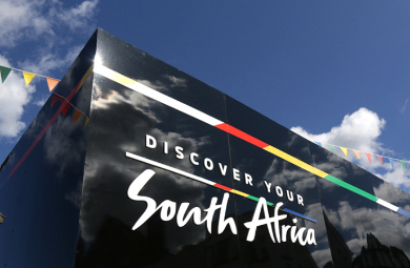
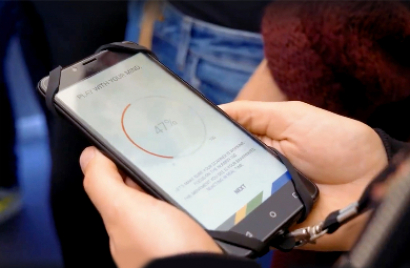
Sarah joined BD Network in 2017 and contributes words, ideas and strategy for the likes of Lurpak, Virgin Media, Cadbury, Castello and Aperol. With a love of technology she’s always looking for opportunities to help clients by combining the latest tech with the right idea.
Looks like you need to create a Creativebrief account to perform this action.
Create account Sign inLooks like you need to create a Creativebrief account to perform this action.
Create account Sign in